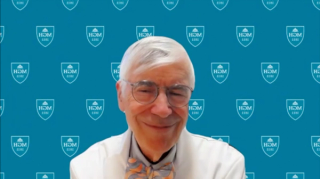
Insurance
Latest News
Latest Videos

Podcasts
More News
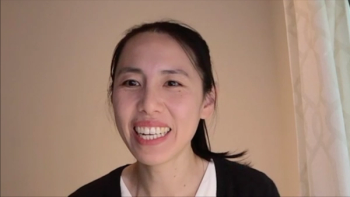
Aligning patient and insurer incentives through price transparency, lower out-of-pocket costs, and broader networks could boost ASC use and access.

Oncology experts at PCOC 2025 discuss breakthrough therapies, AI-driven care, and evolving care delivery models shaping the future of oncology.

Medicare Advantage plans that place greater restrictions on home health agency care delivery may have more adverse patient outcomes than plans that provide episodic payments.

Patients save most on outpatient surgeries at in-network sites, so Xiaoxi Zhao, PhD, emphasizes that transparency could help them make better cost choices.

UPMC's pilot program reveals how social determinants of health impact food access and blood sugar management, challenging traditional health care assumptions.

In-network ambulatory surgery centers are cheapest, while out-of-network hospital outpatient departments nearly double costs, says Xiaoxi Zhao, PhD.
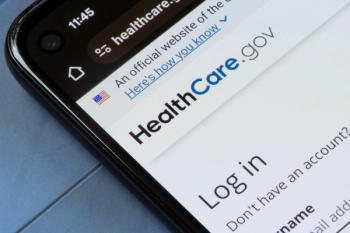
As open enrollment begins November 1, 2025, millions are signing up under enhanced subsidies that are set to expire at the end of this year.

Individuals with both low incomes and health problems were more likely to gain employment when covered by Medicaid.

Experts discuss how topical therapies effectively manage atopic dermatitis in pediatric patients, enhancing outcomes and addressing unique challenges.

Kimberly Westrich, MA, discusses how patient engagement can revolutionize health care decision-making and break down barriers to accessing necessary medicines and care.

PBM legislation is rising nationwide, which experts emphasize could increase costs and hinder patient care.

Premiums for coverage on the ACA marketplaces are set to jump by an average of 26% next year, even before the expiration of subsidies is factored in.

The antiretroviral (ART) regimen Biktarvy showed higher 1-year ART persistence and lower switch rates among people with HIV.

In the midst of a government shutdown, former House Speaker Paul Ryan urges clear policies, AI innovation, and patient-focused solutions to build a sustainable US health care system.

AI can transform health care by processing vast data, enhancing decision-making, and addressing biases, but needs remain for transparency and human oversight.

Ratna Kiran Bhavaraju-Sanka, MD, and Beth Stein, MD, advocate for improved proactive management of myasthenia gravis (MG) for better patient outcomes.

Experts at CHEST 2025 highlight rising costs, insurance complexity, and workforce shortages as major barriers to health care access in the US.

New research highlights rising opioid use disorder (OUD) diagnoses among youth, emphasizing the need for improved screenings and mental health support.

The AMCP Nexus 2025 conference will bring together professionals to discuss drug access and policy, as well as the future of pharmacy.
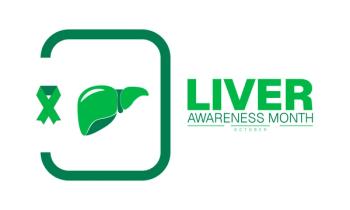
Liver Awareness Month raises awareness of liver disease causes, risks, symptoms, and prevention, highlighting individual actions and policy efforts.
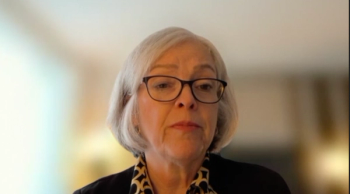
Susan Escudier, MD, FACP, of Texas Oncology, suggests actionable insights to improve equitable access to patient cancer care

Medicare Advantage grocery supplemental benefit use is associated with increased outpatient care, suggesting that policy changes allowing for nonmedical supplemental benefits could improve beneficiaries’ health, especially for dual-eligible beneficiaries.

Melanie T. Turk, PhD, RN, discusses her study on nationwide challenges program suppliers face in implementing the Medicare Diabetes Prevention Program (MDPP).

Adults with diabetes were 24% less likely to visit an emergency department in 2021 than in 2019.

Infliximab biosimilars created price competition causing insurance claims costs for infliximab originator and infliximab biosimilars to decrease, generating significant savings to the health care system.








